- Download Mac Os Mojave From App Store
- Download Mac Os Mojave Usb
- Mac Os Mojave Download
- Mac Os X Mojave Download App Store
It could be related to the Mac OS / Mac OS X installed on or the hard drive space on the Mac that is being used. However, this is only speculation and if you have an exact answer (or theory) as to why some Mac users download the full installer and some the mini-installer, share that with us in the comments. Jul 31, 2020. That way of downloading Mac OS X updates and new apps was introduced with Snow Leopard and means that anyone with a Mac running Mac OS X 10.5 Leopard or earlier can’t actually access the Mac App. May 06, 2019. In fact, it is safe to say, Mojave is the current best operating system. Mojave is way better than its predecessors like macOS Sierra, High Sierra, or even its successor macOS Catalina. Like previous versions, Mojave is also free to download and to use. It was announced at Apple’s Worldwide Developers Conference WWDC on June 4, 2018.
Direct links for macOS Mojave Download in DMG or ISO file. The file is an offline setup that can be used for any kind of virtualization purposes. You can use the setup file to install it on your system, or you might choose the option to upgrade or degrade your current macOS.
Download Note: if you have already downloaded and installed macOS Mojave 10.14 on your Mac and want to update. Then instead we would like to recommend you to download the update instead of this full setup. As it will save you more time and data.
File: macOS_mojave.dmg
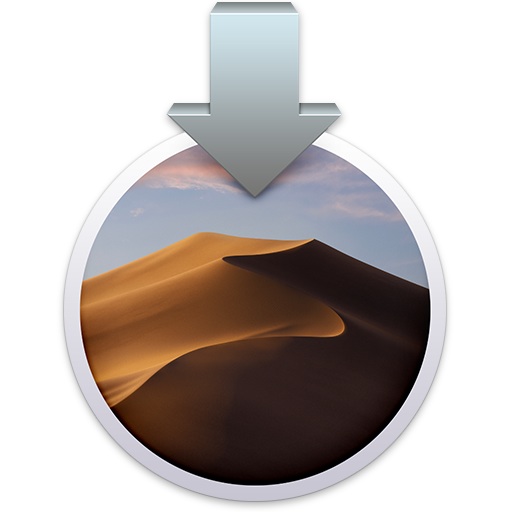
Size: 5.6 GB
Developer: Apple Inc
Language: English
Released: September 24, 2018
Last update: March 24, 2020
macOS Mojave 10.14 is the fifteenth major release of macOS. This is one of the best versions of macOS operating systems provided by Apple.
Mojave is an amazing operating system having an elegant interface, great stability with impressive performance. In fact, it is safe to say, Mojave is the current best operating system.
Mojave is way better than its predecessors like macOS Sierra, High Sierra, or even its successor macOS Catalina. Like previous versions, Mojave is also free to download and to use.
It was announced at Apple’s Worldwide Developers Conference WWDC on June 4, 2018. The operating system was publicly released on September 24, 2018. After several beta versions, it was released. The OS brought several iOS applications to desktop OS. Applications like Apple News, Voice Memos, and many more are added.
Users wanted to use dark mode in the OS and Apple has not let us down. Mojave supports dark mode inside the OS which is not limited to only menu bar colors, or a single window. But the dark mode also effects the entire OS, and make it easier for your eyes to use your system even in night.
The name Mojave refers to the Mojave Desert. It was also named after a location which was started by OS X Mavericks. This is the last version of macOS to support 32-bit applications. The macOS Mojave’s service is going to end soon, as the extended support by Apple is going to end in September 2021.
System Requirements
Before you being to run it on your system. Please make sure you Mac is compatible with macOS Mojave.
- MacBook 2015 or newer
- MacBook Pro Mid 2012 or newer
- MacBook Air Mid 2012 or newer
- iMac later 2012 or newer
- iMac Pro models
- Mac Mini late 2012 or newer
- Mac Pro Late 2013 or newer
macOS requires at least 2 GB of RAM with 13 GB of free storage. However, if you are upgrading from older versions to Mojave then you will need more than 13 GB. On such conditions, having 18 GB is the right option.
Features
Many features has been introduced to OS, and here are some of them.
Dark mode is far most the most hyped feature of Mojave. The all-new Dark mode feature can be chosen during the installation or anytime from System Preferences. Changing of black text into white is a great deal as XCode developers now can turn their interface to dark. Remember, unlike the previous dark mode in OS X Yosemite, it is not limited to Dock, menu bar, and drop-menu. But this time it affects the entire interface.
A new app was released on October 30, 2018 in macOS 10.14.1 named FaceTime. FaceTime is a chatting app capable of chatting with friends up to 32 people at a single time. Participants were also able to joint in the mid of the conversation.
Download Mac Os Mojave From App Store
Dock possess a space for recent used apps which was not available in previous versions.
The Old Mac App Store is now redesigned. A new interface similar to iOS App Store is now introduced with a new Discover tab, in addition, to Create, Work, Play, and Develop tabs to find the exact result users want.
As we have mentioned earlier, macOS Mojave will be the OS by Apple to support 32-bit applications. however, that is not it. Apple is also willing to cut the support for the graphical frameworks OpenGL and OpenCL. It is encouraged by the developers to use the Apple Metal library instead of OpenGL or OpenCL.
Bare Metal or Metal is introduced on the arrival of iOS 8 and is developed by Apple. This change can, not only reduce driver overhead but also improves multithreading and also allows every CPU thread to send commands to GPU. In simple words, it improved you Mac’s performance.
Integrations with different social media like Facebook, Twitter, Vimeo, and Flickr which was added in OS X Mountain Lion is also removed.
Nividia graphic cards like Quadro K5000 and GeForce GTX 680 is also supported now.
Where can I download old macOS?
Before you start to find the links to download old macOS, make sure exactly which version you want? Are you going to download an OS from macOS, OS X, or Mac OS X series? There are numbers of operating systems there, however, only two ways are there to download them.
There is a way to download the setup by downloading the installer. The installer can be downloaded from the App Store. App Store is around 18 MB and after you have installed it on your system, it will start to download the setup. Here we have given a link for download macOS Mojave Installer.
However, there is a problem with the installer. The installer allows only to download operating systems after macOS High Sierra and always recommend to download the latest versions of macOS. After September of 2020, there is chance that, you won’t even be able to download High Sierra.
These problems bring us to another method which is to download the setup file. Downloading setup file gives you the choice to download the specific versions you want. However, there are some problems when you are downloading just the setup file.
As there are chances that the links provided by different might not be legit. Chances are, the file can have a virus with it, so we would recommend you to download from reliable sources.
We have provided different links to download macOS Mojave DMG and ISO file. There is a separate link for macOS Mojave download from Google drive as well. You can check it by scrolling down.
Which version of macOS is the best one?
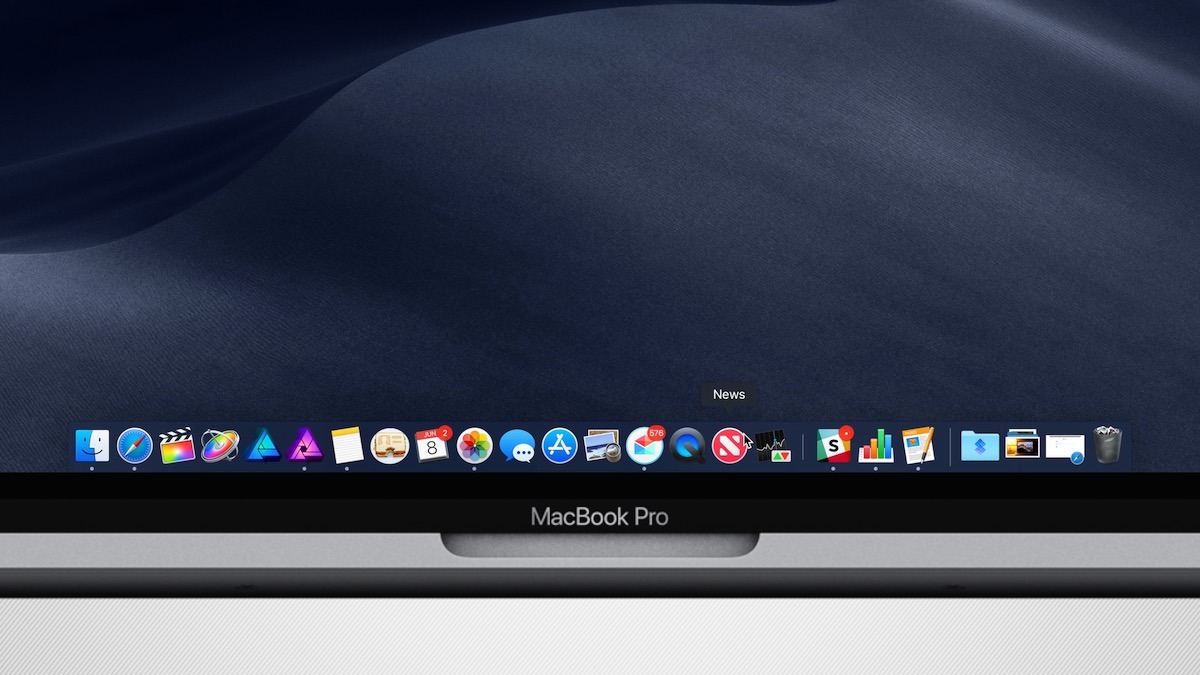
Numbers of operating systems are released by Apple for Macintosh computers. Operating systems from ancient Mac OS X Cheetah, Puma, to OS X like Mountain Lion, Mavericks to macOS Sierra, High Sierra, Mojave, and Catalina. All of them were great in their time, they have done quite a good job.
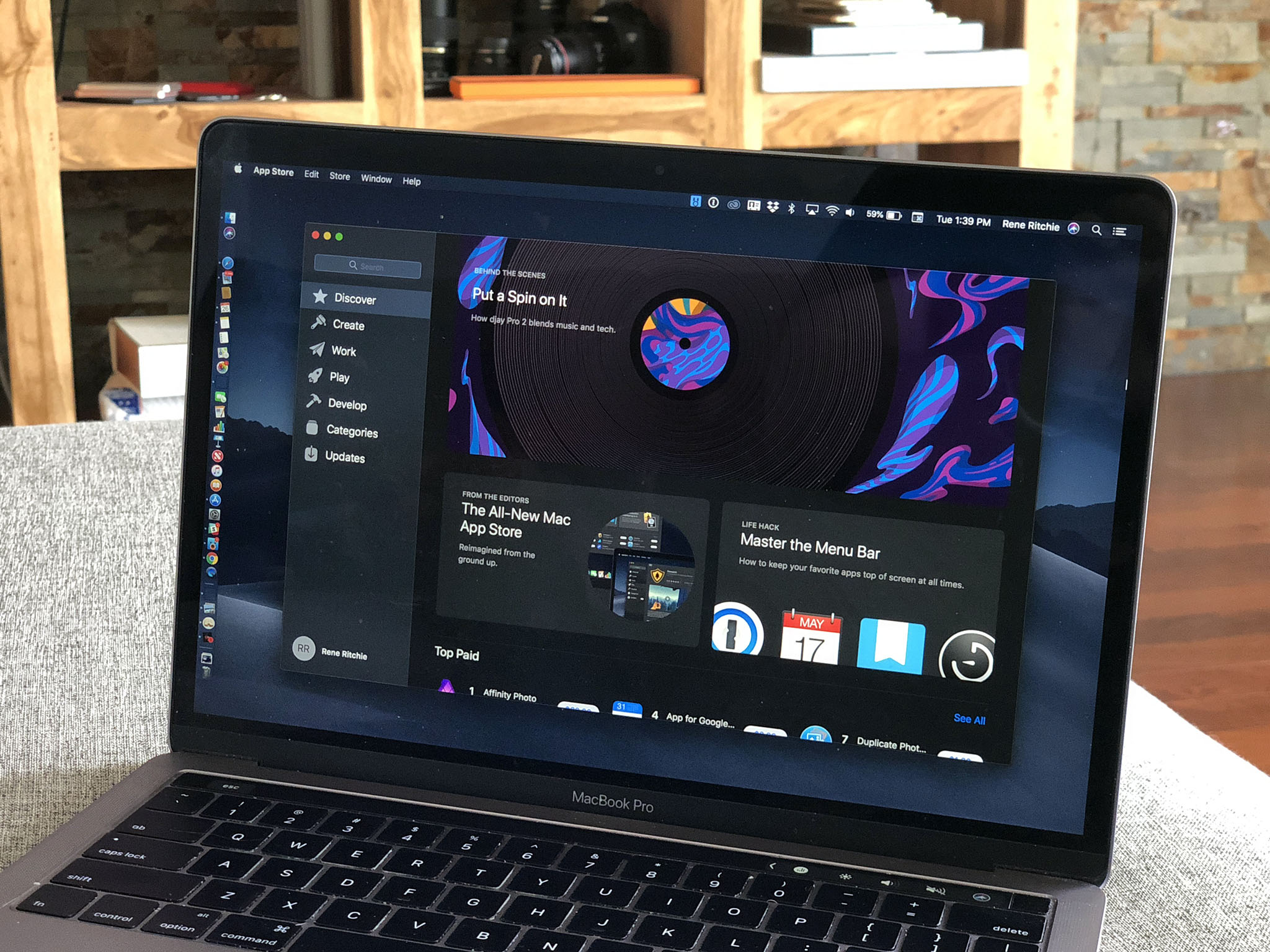
Some of them are Mac OS X Panther who made the reputation, while some like Mac OS X Tiger has done the approaching to users, others like OS X El Capitan or OS X Yosemite have brought numerous new features.
Still, it is quite hard to answer which one is the best version? As, from examining deeply almost all of the versions, we can say the best version has to be macOS Mojave. Mojave is the most stable, well-performed, and the most efficient OS. Unlike other versions, it has lesser bugs, fewer performance issues, and more application support.
macOS Mojave download google drive
As many users searching for links to download macOS Mojave from Google Drive. Users might prefer Google Drive instead of any other cloud services or even any installer. As, when it comes to cloud services, Google Driver way faster and more reliable. And users don’t like installers due to limits for choosing the macOS version.
Many users also have slow internet which can take way too much time to download, and by any chance if you got any error during installation then you will need to start the download from zero again. To Now, click on the link given and click on download anyway. And you are ready to go.
macOS Mojave Download Link In DMG, ISO File
There many reasons why users want to move back to the older version. As macOS Catalina has been released recently, still there are users who are using macOS Mojave or want to downgrade their current macOS to Mojave. Some of the reasons can be, no support by your current OS, your current macOS has tons of bugs or error or something else. No matter what the reason is, here are links to download the macOS Mojave setup in DMG and ISO files. Installers to download Mojave is also available.
File: macOS_mojave.dmg
Size: 5.6 GB
Program Class: Operating System
Language: English
Released: September 24, 2018
Last update: March 24, 2020
Developer: Apple Inc
Successor:macOS Catalina
Predecessor:macOS High Sierra
Setup Type: Offline Installer/ Full standalone setup
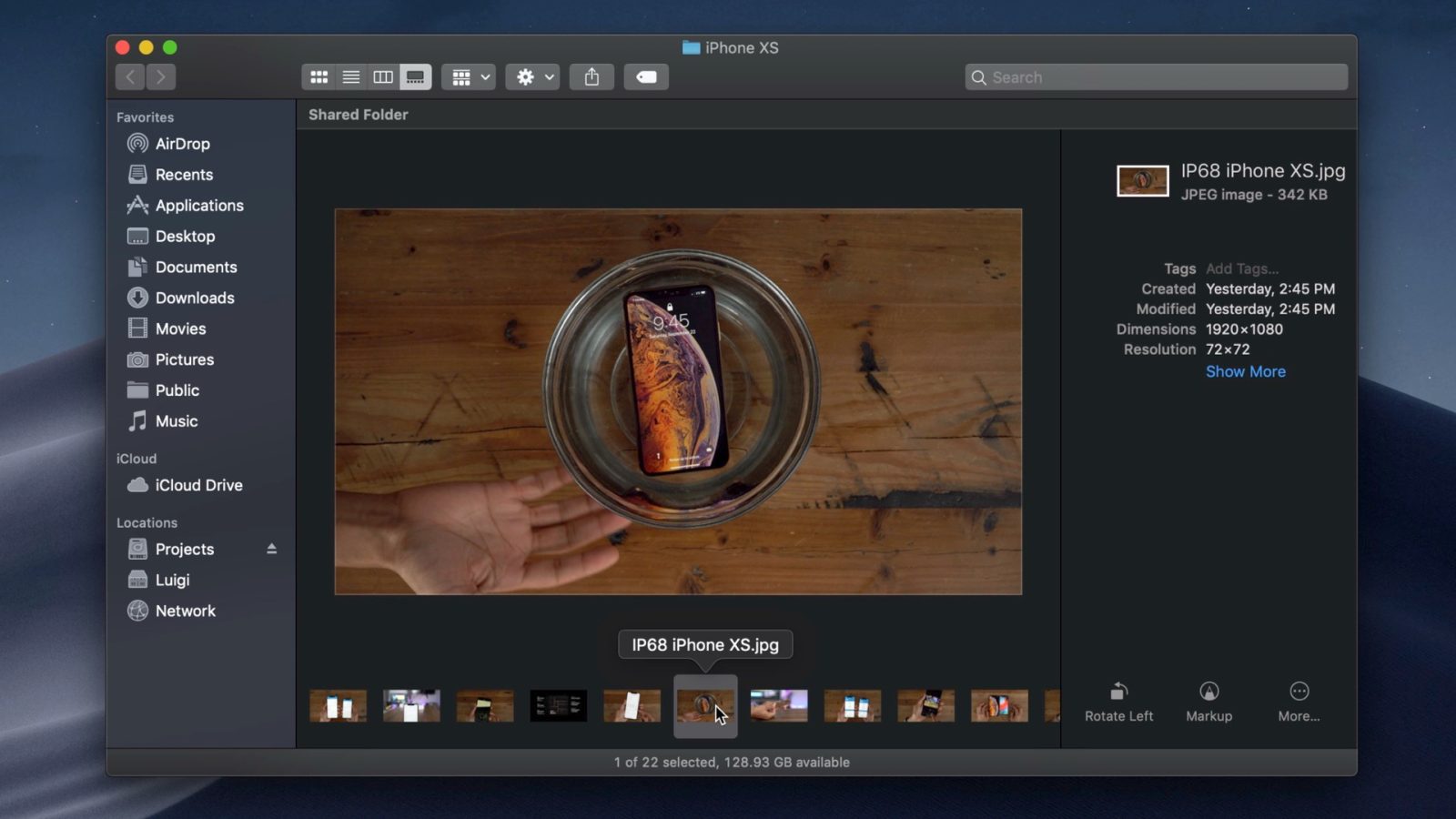 Updates
UpdatesImportant Notes:
- Using APFS is REQUIRED in Mojave in order to receive system updates via the normal Software Update method. If you choose to continue using macOS Extended (Journaled) as your filesystem type, you will NOT receive System Updates via System Preferences. If you are not using APFS, you can follow the 10.14.1 installation steps below.
- After applying ANY system update via Software Update, re-applying post-install patches using your Mojave Patcher installer volume will most likely be necessary. If you install a software update and the system fails to boot afterwards, this is what needs to be done.
10.14.6
10.14.6 can be updated normally via Software Update if using an APFS volume, and will need to be patched using an installer volume created with Mojave Patcher version 1.3.2 or later after installing.
Download Mac Os Mojave Usb
10.14.510.14.5 can be updated normally via Software Update if using an APFS volume, and will need to be patched using an installer volume created with Mojave Patcher version 1.3.1 or later after installing.
Mac Os Mojave Download
10.14.4
10.14.4 adds new changes that ARE NOT patchable by the post-install tool of Mojave Patcher v1.2.3 and older! Before updating to 10.14.4, you you will need to use the latest Mojave Patcher version to create a new installer volume, using the 10.14.4 installer app. Then, update to 10.14.4, either by installing via Software Update, or by just using the installer volume you've created to install.
10.14.3
If you are currently running 10.14.1 or 10.14.2, you can simply use the Software Update pane of System Preferences (if using APFS) to apply the 10.14.3 update. Once the update is installed, you will most likely need to re-apply post-install patches to get the system to boot again. This process is detailed in steps 8 - 10 above. If you are currently running 10.14.0, you'll need to proceed with the 10.14.1 update method described below.
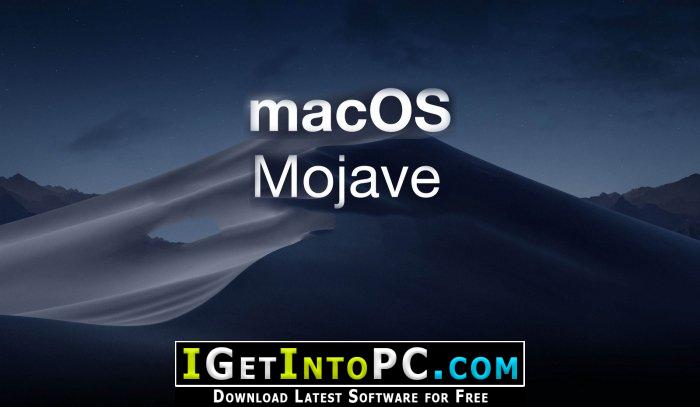
Mac Os X Mojave Download App Store
10.14.2If you are currently running 10.14.1, you can simply use the Software Update pane of System Preferences (if using APFS) to apply the 10.14.2 update. Once the update is installed, you will most likely need to re-apply post-install patches to get the system to boot again. This process is detailed in steps 8 - 10 above. If you are currently running 10.14.0, or are using a non-AFPS volume, you'll need to proceed with the 10.14.1 update method described below.
10.14.1/macOS Extended (Journaled) volumes
The Mojave 10.14.1 update does NOT install properly on unsupported machines, and could result in an unbootable OS. If you want to install the 10.14.1 update (and are not currently running 10.14.1), perform the following steps:
• Download the latest version of Mojave Patcher
• Download the installer using the Tools menu of Mojave Patcher
• Create a patched USB installer
• Boot from that, and install 10.14.1 onto the volume containing an older release.
• Once done, apply the post-install patches, and you should now be on 10.14.1.
